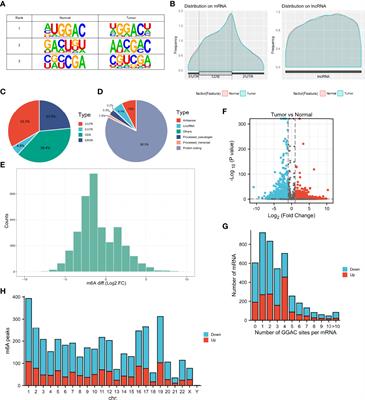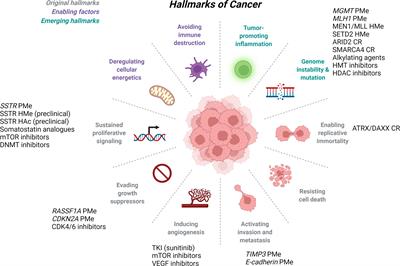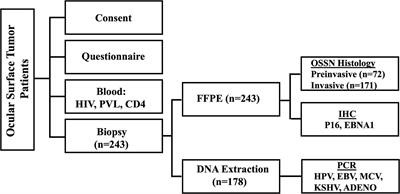EDITORIAL
Published on 03 Nov 2022
Editorial: Epigenetics and molecular genetics of rare tumors
doi 10.3389/fonc.2022.1049140
- 731 views
9,432
Total downloads
31k
Total views and downloads
You will be redirected to our submission process.
EDITORIAL
Published on 03 Nov 2022
ORIGINAL RESEARCH
Published on 11 Jul 2022

REVIEW
Published on 07 Jun 2022

ORIGINAL RESEARCH
Published on 14 Apr 2022

REVIEW
Published on 11 Apr 2022

REVIEW
Published on 16 Mar 2022

ORIGINAL RESEARCH
Published on 11 Mar 2022

MINI REVIEW
Published on 08 Mar 2022

ORIGINAL RESEARCH
Published on 04 Jan 2022

